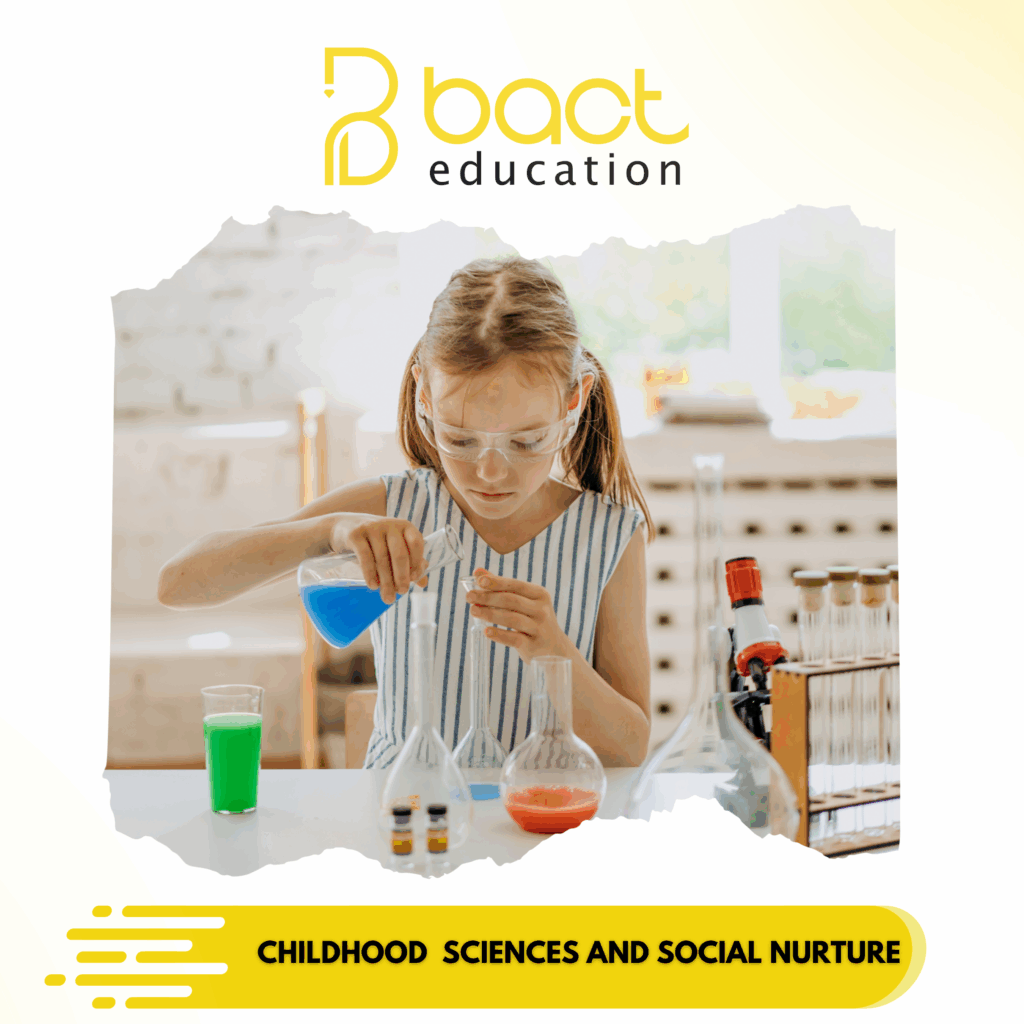Childhood is the most beautiful stage of life ,where an innocent childhood immediately comes to mind .It’s the stage of play,fun and joy.
At this stage, children don’t bear any responsibility or burden,they just play and have fun. In addition children ,at this stage, are characterised with spontaneity and don’t think or flatter any one.
_The Childhood is a Stage which starts from the birth until maturity .At this stage ,the child learn to speak and walk in addition to other things. At the end of this stage, the child will reach to maturity. Maturity various from one person to another , there are some children who reach maturity at twelve ,but others reach maturity at thirteen .These are considered individual differences between people .Also, at maturity stage, a person will be ready to face life and community and she/he has already grown up physically, it ‘s also known as adolescence stage.
*** At adolescence stage, the person will have learned and acquired numerous skills and qualities from the childhood stage and she/he will have trained how to deal with surrounding individuals and classmates at school. Also, most of these characteristics and skills she/he has gained during the childhood stage. So that, Childhood stage is considered very important stage ,because the person learn and acquire many skills that she/he will deal with all her/his life.

Childhood is the most beautiful stage of life ,where an innocent childhood immediately comes to mind .It’s the stage of play,fun and joy.
At this stage, children don’t bear any responsibility or burden,they just play and have fun. In addition children ,at this stage, are characterised with spontaneity and don’t think or flatter any one.
_The Childhood is a Stage which starts from the birth until maturity .At this stage ,the child learn to speak and walk in addition to other things. At the end of this stage, the child will reach to maturity. Maturity various from one person to another , there are some children who reach maturity at twelve ,but others reach maturity at thirteen .These are considered individual differences between people .Also, at maturity stage, a person will be ready to face life and community and she/he has already grown up physically, it ‘s also known as adolescence stage.
*** At adolescence stage, the person will have learned and acquired numerous skills and qualities from the childhood stage and she/he will have trained how to deal with surrounding individuals and classmates at school. Also, most of these characteristics and skills she/he has gained during the childhood stage. So that, Childhood stage is considered very important stage ,because the person learn and acquire many skills that she/he will deal with all her/his life.
The Main axes of this workshop:
1.The importance of childhood stage.
2.The history of Child’s Psychology and Pregnancy and birth psychology .
3.Personality and social development at infancy stage.
4.Personality and social development at pre_school stage.
5.Psychology of play and its theories.
6.Distinctive characteristics of children’s play ,its importance in their lives and the factors affecting it.
7.Fear in children and its types.
8.Some facts about childhood.
9.Practical exercises through worksheets and some supporting video points.
Number of various questions (multi choice _parentheses’ ,….).
_Presenting examples of the reality of the educational process and linking it to the culture of the United Arab Emirates.
_Using a set of Initial, Formative and Final Evaluation, in addition to a set of questionnaires.
The References List.